I recently spent two weeks in Mexico City on secondment with Alterpraxis as part of the Global Communications Alliance. It was an experience that challenged and inspired me – and reminded me that communication, wherever you are in the world, is still a deeply human craft.
Energy, emotion and people-first communications

What struck me most was the energy. Everything moves quickly. Conversations are passionate, ideas evolve in real time, and campaigns often start from a place of emotion rather than process. In the UK, we tend to be more methodical – led by research, strategy and carefully measured outcomes. In Mexico, they have that too, but it starts with what you want people to feel. It makes for communications that are instinctive, bold and full of life. And in a moment when technology is changing the way we create and consume information, that kind of human touch feels more valuable than ever.
You see it clearly in the digital space. In the UK, where most news is now consumed online, campaigns are designed to thrive on social media. They’re precise, data-led and often meticulously planned. In Mexico, the same digital shift is happening, but it feels more intuitive. The teams I worked with placed huge importance on social listening – understanding how people are already talking about an issue before deciding how, or even whether, a brand should join in. It’s a people-first approach to digital storytelling that puts empathy before efficiency.
Influence, purpose and trust across cultures
Influencer culture tells a similar story. In the UK, regulation has begun to tighten, shaping how creators disclose paid partnerships and build trust with their audiences. In Mexico, the rules are newer and less clearly enforced. PROFECO, the country’s consumer protection agency, has published guidance encouraging influencers to declare collaborations, but it isn’t yet legally binding. That freedom allows for creativity, but it also leaves more room for risk. The lesson is universal: whether you’re working with influencers or journalists, transparency builds credibility – and credibility builds influence.
The same goes for purpose. In the UK, ESG is now embedded in almost every brief. We’re used to talking about sustainability and inclusion as standard. In Mexico, those conversations are newer but filled with energy. People are genuinely defining what purpose means for their own culture. I heard someone refer to “water-washing” – when brands overstate their efforts on water conservation. It’s their version of “greenwashing”, rooted in local priorities. It shows that purpose only works when it feels relevant to the people you’re trying to reach.

Our different approaches to the same shared values
Public affairs reflects those differences too. In the UK, activity often revolves around structured engagement – policy events, roundtables and formal consultations that help shape decision-making over time. In Mexico, the emphasis leans more towards personal connection. Meetings are often face to face, with influence built through ongoing relationships and dialogue. The systems themselves mirror the two political contexts – the UK’s institutional approach compared with Mexico’s more relationship-led model. Both rely on the same foundation of trust, but they build it in different ways.
That’s what connects Alterpraxis and PLMR. Both see PR and public affairs not as separate disciplines but as part of one story – one that blends public sentiment with policy, and advocacy with empathy. Whether you’re sparking debate online, mobilising communities or shaping legislation, the work is still about understanding people and what moves them.
So, aside from my new-found love for Oaxacan cheese, that’s what I took away. In a world where tools and technologies will keep evolving, good communication will always come back to human insight. Data can guide us, and AI might make us faster, but it’s empathy, curiosity and imagination that make people listen – and act.







